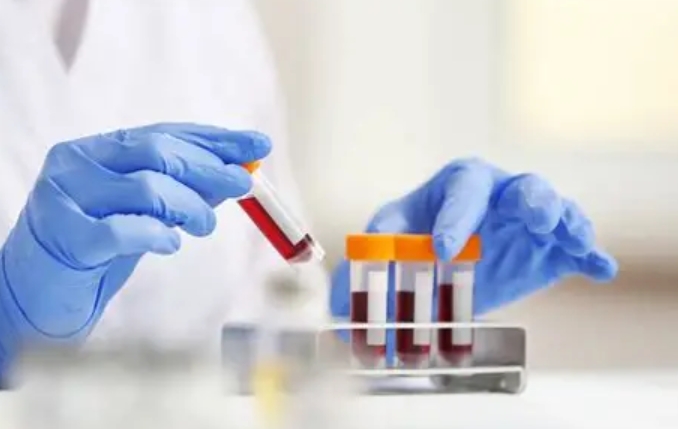
image credit- shutterstock
Researchers from the Global Centre for Asian Women’s Health (GloW) and the Department of Obstetrics and Gynecology at the Yong Loo Lin School of Medicine, National University of Singapore (NUS Medicine) have found that selected maternal biomarkers from first-trimester random blood samples can effectively predict a woman’s risk of gestational diabetes mellitus (GDM).
In Singapore, GDM — which affects one in five pregnant women—is typically diagnosed with a three-point oral glucose tolerance test between 24 and 28 weeks of pregnancy. The test requires overnight fasting and takes around 2-3 hours.
The team found that just seven first-trimester biomarkers from random blood samples — including common tests like HbA1c (a measure of blood sugar over time), certain hormone and fat-related proteins, and specific fatty and amino acids — could significantly improve GDM risk prediction beyond conventional factors such as maternal age, pre-pregnancy body mass index, and family history of diabetes.
Promisingly, these biomarkers performed just as well as those from second trimester fasting blood samples, showing strong ability to distinguish high-risk from low-risk pregnancies and demonstrating a strong level of clinical usefulness.
“With further validation, our approach could empower women and clinicians with a simple early blood test — using markers already routine in many clinics — to determine GDM risk. Interventions like tailored nutrition and lifestyle changes could begin sooner, potentially reducing the long-term health burdens of GDM for women by disrupting the “diabetes begets diabetes” cycle,” said Professor Cuilin Zhang, who is Chair Professor in Women’s Health at the NUS Medicine’s Department of Obstetrics and Gynaecology, Director of GloW, and senior author of the study.




